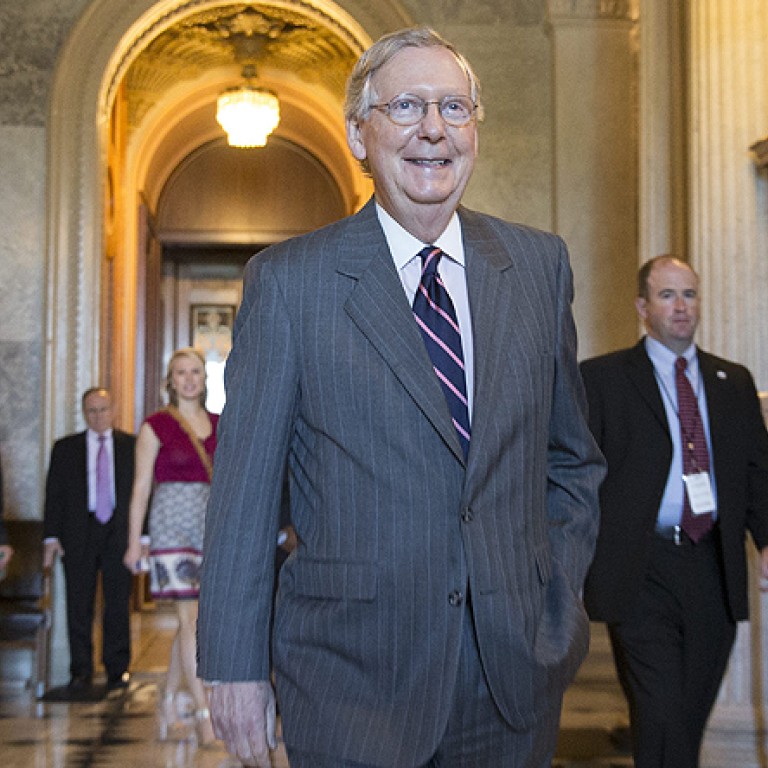
US Senate blocks bill that would have ended NSA bulk data dragnet
Controversial National Security Agency gathering of American telephone records is set to continue after lawmakers reject reform, leaving the programme's status in disarray
The US Senate rejected legislation on Saturday aimed at reforming NSA intelligence gathering, a blow to President Barack Obama and others who support ending the bulk collection of Americans’ telephone records.
The House of Representatives passed the measure overwhelmingly last week, with Democrats and Republicans uniting in their desire to rein in the National Security Agency’s highly controversial programme that scoops up data from millions of Americans with no connection to terrorism.
But it got hung up in the Senate, where it fell three votes shy of the 60 necessary to advance in the chamber.
The Senate immediately turned to consideration of a two-month extension that would temporarily reauthorise the telephone data dragnet and other parts of the US Patriot Act which are set to expire June 1 without congressional action.
But that bill failed to reach the 60-vote threshold as well.
When Senate Majority Leader Mitch McConnell proposed quickly voting on extensions lasting until June 8, or June 5, or even June 3 – two days after Congress returns from its break – Republican Senator Rand Paul objected, placing the fate of key national security provisions in jeopardy.
In addition to the telephone metadata collection, provisions authorising roving wiretaps and lone-wolf tracking are also set to expire when the clock strikes midnight at the end of May.
With lawmakers scrambling for a solution in the dead of night before the Senate goes on a scheduled one-week break, the White House on Friday drove home the very real prospect that national security operations could lapse on June 1.
“There is no plan B,” acknowledged White House spokesman Joshua Earnest to reporters.
“These are authorities that Congress must legislate [and are] critically important to ensuring that the basic safety and security of the American people is protected, and that the basic civil liberties of the American people are protected.”
